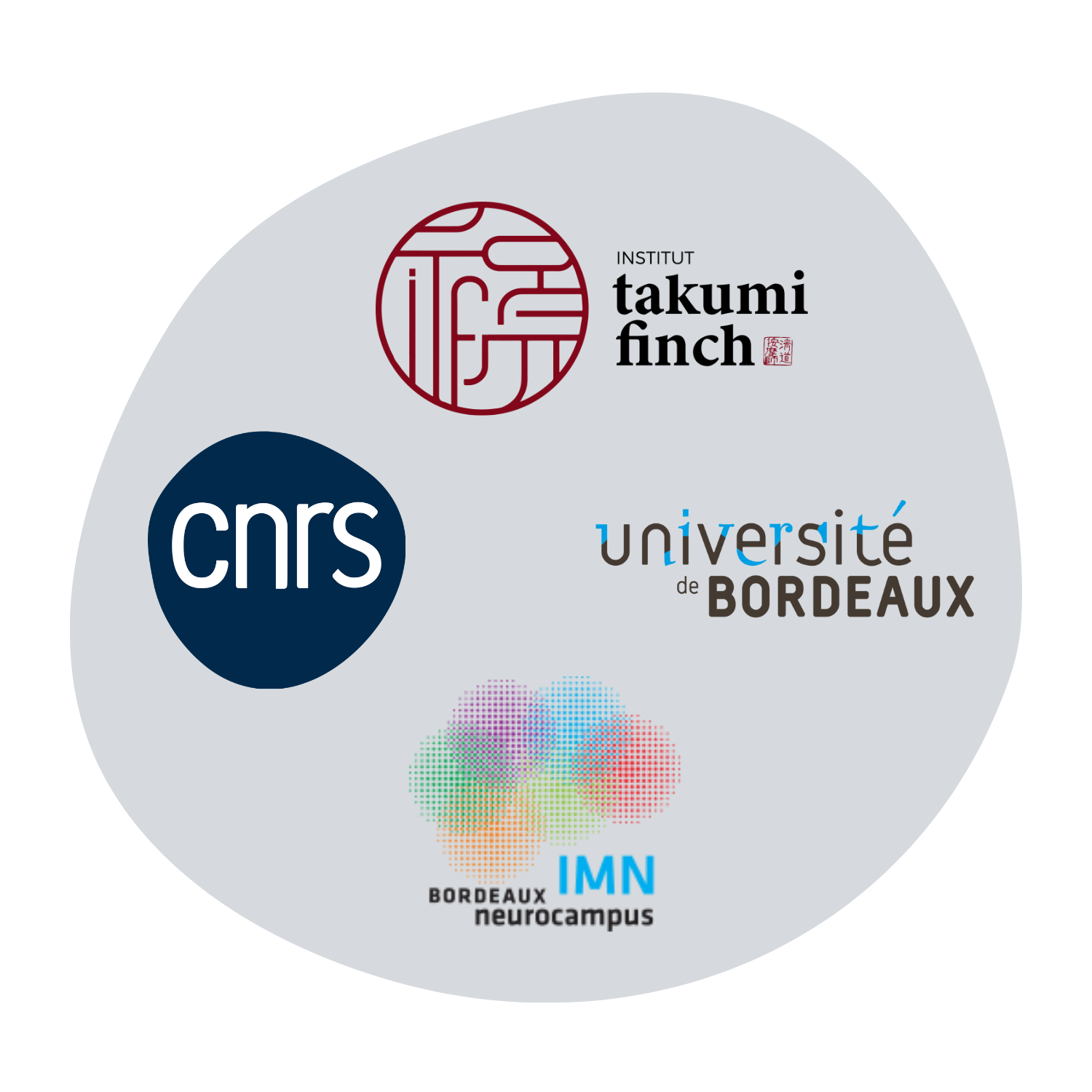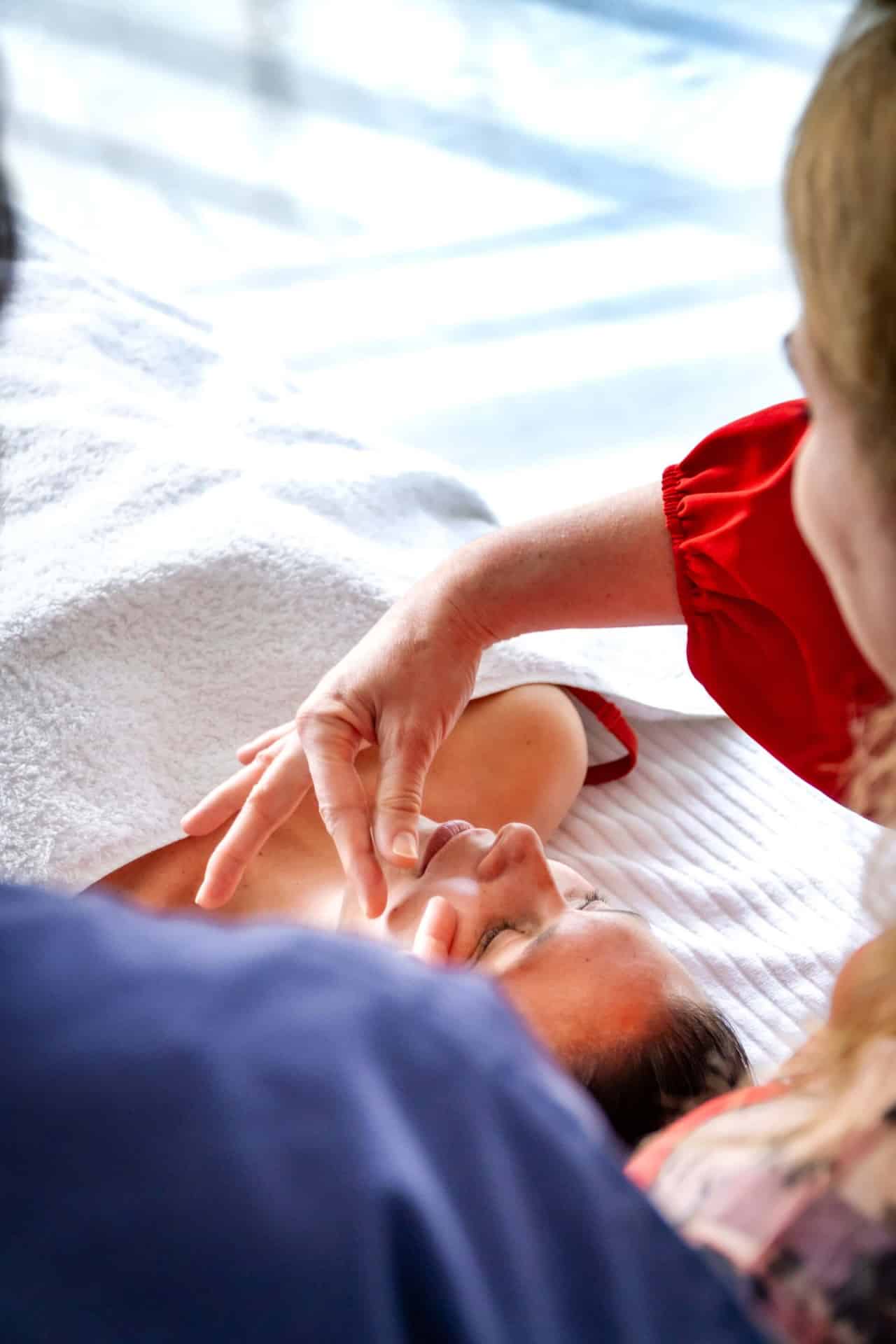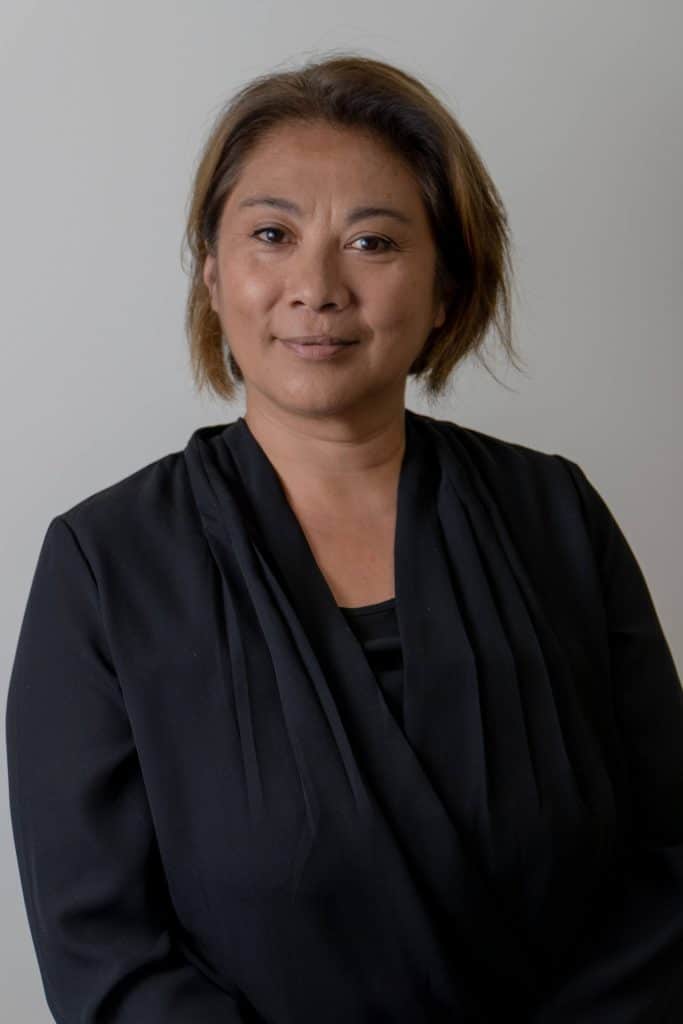Research and Innovation
Defining therapeutic well-being
A research framework for tomorrow's care
A research framework for therapeutic wellness
We are exploring how wellness approaches, such as myofascial massage, can improve overall health by taking into account physical, mental and emotional dimensions.
We are in the research phase to understand how these techniques could enrich our practices and improve the well-being of your patients.
Our mission: to redefine the term well-being and elevate it to the level of therapeutic well-being, where science and manual practices meet.
A three-way partnership
In 2023, a partnership between the Takumi Finch Institute and the Bordeaux Institute of Neurodegenerative Diseases, supported by the University of Bordeaux and the CNRS, launched the Face-Brain-Wellness project. . Ce projet utilise des technologies avancées comme l’IRM pour étudier les effets du massage myofascial sur les brain’s cognitive networks .

Preliminary results of myofascial massage on the face
Why is fasciatherapy applied to the face so interesting?
Fasciatherapy applied to the face goes far beyond relieving physical tension or stress. It enables an intimate and positive reconnection with our own body, a dimension that is often underestimated. By re-establishing this connection, it reprograms the perception of care, which is no longer limited to ‘removing pain’ but becomes a driving force for inner transformation. This experience creates a virtuous circle in which the well-being generated feeds a more positive and enriching vision of care, which is valued by the patient. Instead of seeing care as a means of escaping discomfort, it becomes a genuine source of replenishment, profoundly changing the patient’s relationship with themselves and their body.
Our first scientifically validated myofascial treatment
A 10-minute myofascial massage, designed to reduce the mental load and help you reconnect with yourself. This simple yet powerful technique offers immediate benefits in terms of stress management and rebalancing body and mind.

Origins and evolution of our treatment method
Between 2014 and 2017, the Kobido facial massage method , based on relaxation, lymphatic drainage, tissue stimulation and volume re-education, was developed to revitalise and lift the face.. Depuis, cette méthode a évolué pour traiter des pathologies telles que les paralysies faciales et les œdèmes.
In 2020, a case study on Melkersson-Rosenthal syndrome (MRS) using the Kobido method was presented at the 13th International Scientific Congress in São Paulo, marking a significant step forward.
The year 2022 marks the entry of Kobido Specialists into hospitals, cancer support centres and health centres, where the benefits of touch are beginning to attract the interest of neuroscientists. These results will be presented again at the 15th International Congress in São Paulo.
In 2023 , a research partnership was launched with the Bordeaux Institute of Neurodegenerative Diseases, supported by the University of Bordeaux and the CNRS.. Ce projet, la the Face-Brain-Wellness method,, aims to improve women’s well-being, with promising preliminary results as early as 2024.
Our attendance at conferences
Our participation underlines our commitment to research and innovation in the field of health and well-being, offering insights and new developments to improve the practice of facial and body care on an international scale.
Test the 10-minute myofascial massage before you train
Would you like to discover the benefits of myofascial massage for yourself before committing to this course? Take a treatment with Sandrine Finch or Laure Zago in Bordeaux.


10-minute myofascial massage training course
Access all the essential information: dates, locations and your expert trainers, Sandrine Finch and Laure Zago, for quick and effective implementation of this innovative treatment.
10 minutes of myofascial massage on the face is enough to create an immediate feeling of well-being, while offering a more serene outlook on their daily lives.
